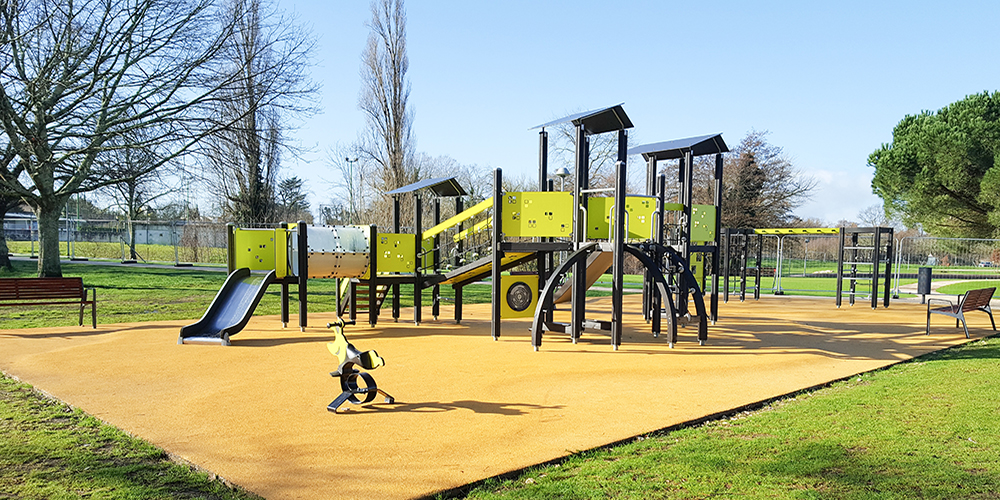Iowa City Community School District has agreed to make its playgrounds more accessible for children with disabilities as part of a settlement agreement with the U.S. Department of Justice (DOJ).
The agreement resolves a 2017 complaint filed by parents alleging newly constructed playgrounds in the school district were not accessible for children who use wheelchairs or other mobility devices, according to the press release from the DOJ.
Following the complaint, the DOJ surveyed playgrounds at 12 elementary schools in the district and identified aspects of the playground that did not meet the Americans with Disabilities Act (ADA) Standards for Accessible Design.
As a result, the school board said it would ensure its playgrounds comply with Title II — which was established to protect qualified individuals with disabilities from discrimination — and the 2010 ADA Standards for Accessible Design.
The settlement requires Iowa City Schools to get approval on architecture plans and designs for playgrounds from the federal government before work can begin. The district must also submit updates on its progress to the DOJ every six months for three years.
The more than 200 adjustments must all be made by Jan. 2023. According to documents, the district has already made a majority of the changes.
At a board meeting last week, Board President Janet Godwin commended the formation of a committee to improve playgrounds across the district, reports Iowa City Press-Citizen.
“We are not just about compliance, we’re about going beyond,” she said. “The entire playground committee did an awesome job on that.”
Mary Richard, an attorney who filed the DOJ complaint on behalf of the parents, said she has since received several calls from parents in other states inquiring about how to file a DOJ complaint regarding playgrounds. Richard said the calls are encouraging and that she hopes the outcome of her clients’ complaint will motivate schools to consider the needs of students with disabilities.
“These parents are really willing to provide input,” she said. “It needs to be heard and not rejected.”







